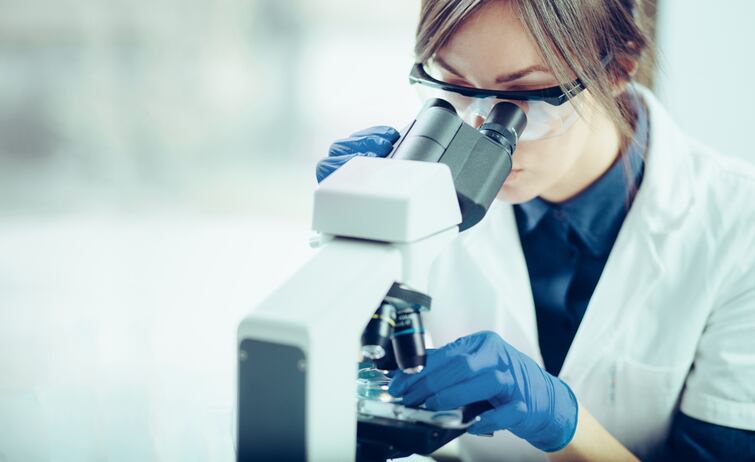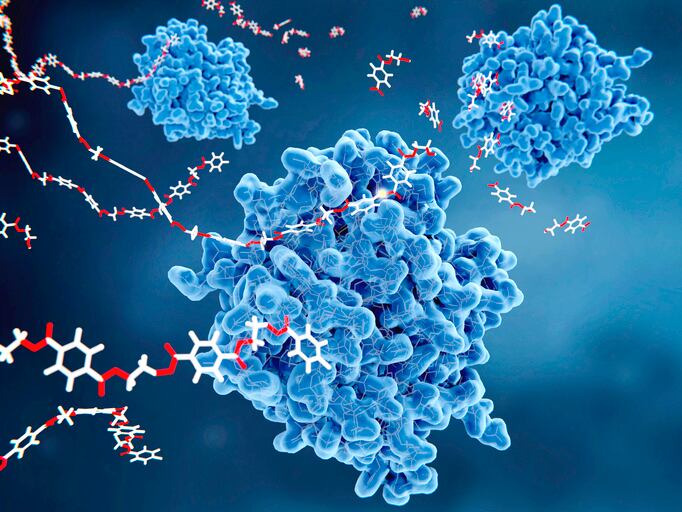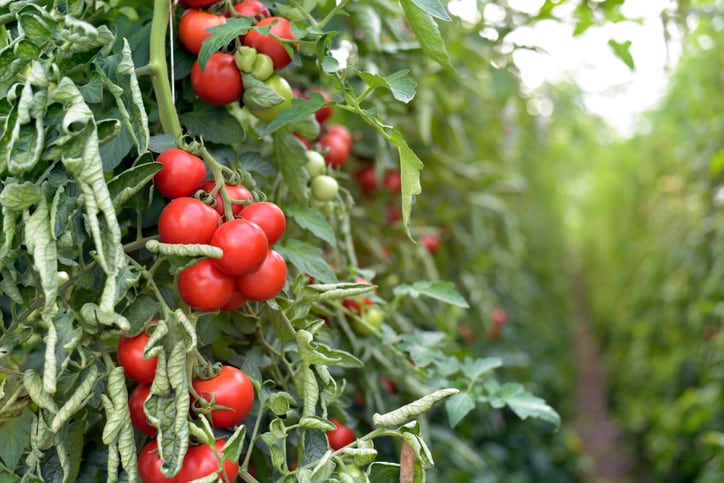Counting 212 deputies and 12 senators, the Joint Parliamentary Front for Innovation in Bioeconomics (FPBioeconomia) also has members from the private sector and civil society.
The group says it wants to create an environment that will allow Brazil's bioeconomy to form “a robust slice” of the country’s GDP. This can be achieved by modernizing legislation to reduce the risks and costs of innovation investments, it says.
At the launch of the parliamentary group this summer, its president, deputy Paulo Ganime, a member of the centre-right liberal party NOVO, said Brazil lacks public policy on the bioeconomy while other countries that are smaller and less rich in biodiversity have progressed in areas such as the circular bioeconomy.
"It is Brazil's turn to also have policies that foster scientific, economic and environmental development in this area where we have so much potential," Ganime said.
To read the Front’s 10-point purpose, click here (in Portuguese).
Supporting entities include agricultural research institute Embrapa, the Brazilian Association of Bioinnovation (ABBI), manufacturing trade association CNI and the University of Brasilia. Executive representatives are made up of government ministries, including the ministries of environment, agriculture and economy.
Novozymes is 'optimistic'
Copenhagen-headquartered biotechnology company Novozymes, which supplies enzymes and micro-organisms for the food, feed, pharma, and plant protection industries, sees this as a very positive development.
“This group believes that biotech is doing a great job transforming our economy but could do much more,” said João Guilherme Ribeiro, regional marketing manager.
“[This parliamentary front] is a starting point,” added Ribeiro. “We’re optimistic about a more positive scenario in a few years’ time, not just for food but biotech in general.”
Overcoming red tape
The global biotech market is worth an estimated €4bn and Latin America accounts for between 10 and 15% of this, according to Novozymes.
However, one of the biggest challenges faced by many companies operating in the biotech sector (and others) in Brazil is red tape.
Brazil’s food safety regulatory authority ANVISA can take up to 18 months to register a product that has already been approved by equivalent authorities in Europe and the US.
“That’s if we’re being optimistic”, Gilberto de Seixas Maia Neto, regional president of LATAM, told FoodNavigator-LATAM.
“It can be a barrier,” he said. “There have been cases in the past where we have launched an enzyme globally but have to wait two years [for Brazil].”
“We support 100% a mandatory [authorization] process because it guarantees the quality and safety of these ingredients. The challenge is the time we lose. If we could be faster we could support Latin America [by] bringing better solutions to the market that mean healthier and more sustainable products."
Public perception
According to GMO Answers, a platform funded by GM companies including BASF, Bayer, DuPont and Syngenta, Latin American countries are “powerhouse producers of GMO crops” with over 197 million acres of GM maize, soy, cotton, and canola.
According to Ribeiro, the perception of biotech among the Brazilian public has been evolving over the past few years.
“The first news about GMOs in the world was not very positive because it was all about turning plants into stronger organisms, so you can use extra doses of pesticides and other such products.
“But with time, we’ve started to see lots of positive aspects to biotech," he said. “Each and every technology can have positive and negative impacts depending on how you use it. But what we see from a consumer standpoint is, each time it’s a bit more positive, a bit more open.”




